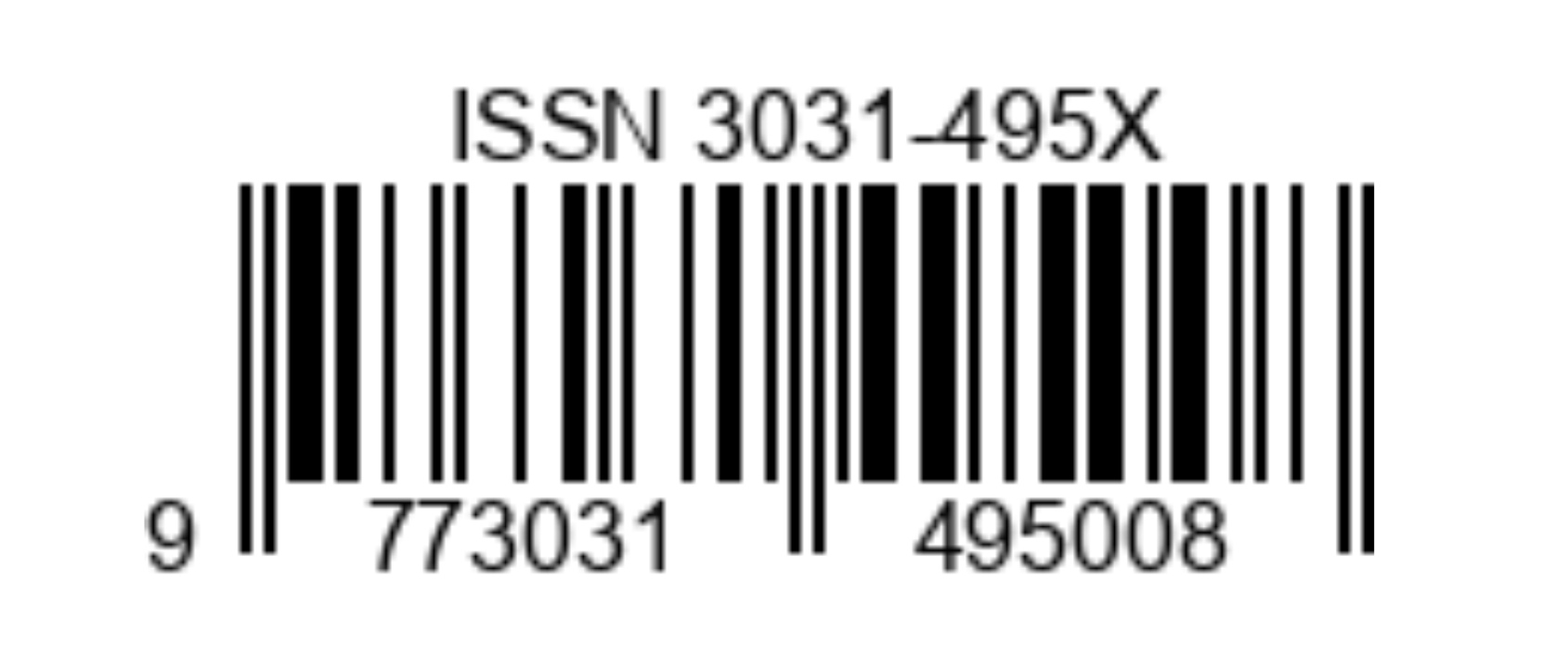Legal Formulation on The Protection of Labor Social Security (JAMSOSTEK) for GIG Economy Workers
Abstract
The Gig Economy Era is marked by the use of technology in several business sectors. The gig economy workers are met with their customers through a digital platform. This platform is designed in such a way by the platform provider company to connect workers with customers. In Indonesia, the concept of gig economy workers is mostly carried out with a contractual partnership system that places platform provider companies on an equal position with workers. However, the era of the gig economy has brought new problems, one of which is the design modification of the social security program for workers to be more friendly and open to gig economy workers. The Minister of Manpower Regulation Number 5 of 2021 concerning Procedures for the Implementation of the Work Accident Insurance, Life Insurance and Pension Plan Program categorizes workers with partnership status as workers outside the work relationship or independent workers. BP Jamsostek categorizes workers with contractual partnership status into the category of non-wage participants (BPU). Although the platform company has facilitated the registration of Jamsostek for its partners, in fact the number of BPU participants is still scrimpy. March 2021, there were a total of 3.25 million participants in the BPU segment, but only 2.7 million active participants. The authors are interested in discussing how the legal relationship between gig economy workers and platform provider companies is and who is actually responsible for paying the Jamsostek dues for gig economy workers. This research uses normative research methods, namely research that aims to find answers to legal problems by using normative legal theory. This study concludes that even though gig economy workers are in a contractual partnership with platform provider company, the position of the two remains unequal. This is evidenced by some of working relationships that arise from the standard contract mechanism. Various central regulations related to work are also mostly dominated by platform provider companies, such as control over tariffs to work targets. For this reason, the ideal formula in regulating Jamsostek for gig economy workers is to involve a platform provider company as a party that also pays the dues as a form of responsibility.










